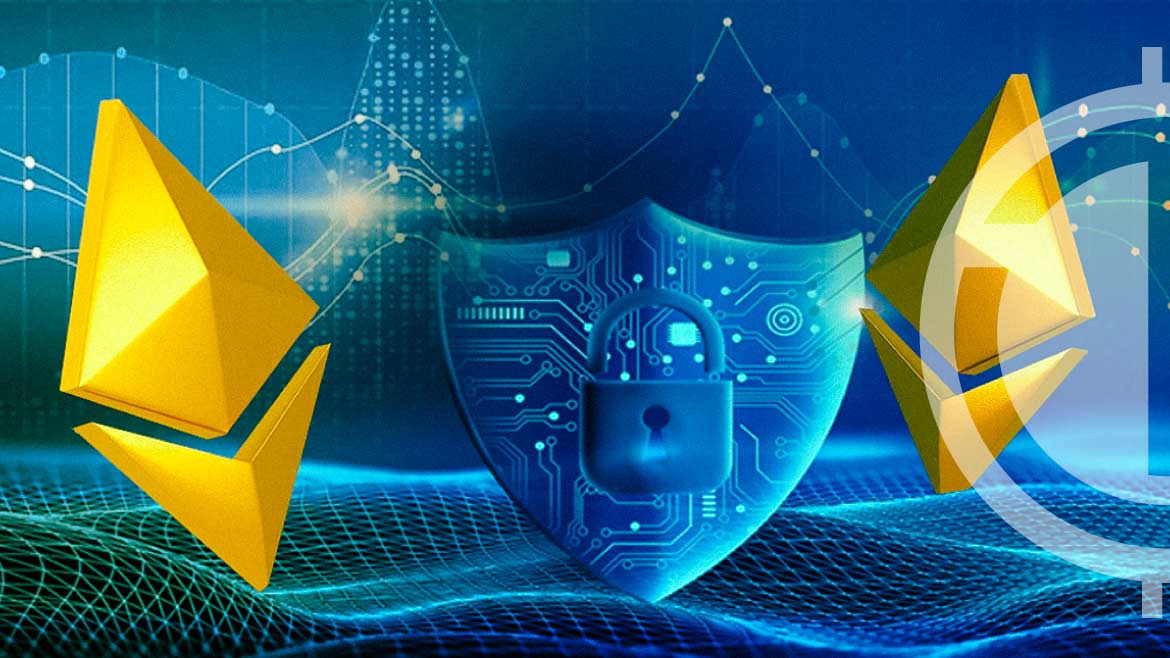- Ethereum’s ERC-7512 aims to establish a standardized framework for on-chain audit report representations.
- The developers from projects like Safe, Ackee Blockchain, OtterSec, ChainSecurity, etc. collaboratively author this groundbreaking proposal.
- The project addresses smart contract security concerns by providing a uniform system for on-chain audit verification.
Ethereum Blockchain has introduced a groundbreaking Ethereum Improvement Proposal (EIP) to improve the security of smart contracts on the ecosystem. The proposed ERC-7512, also known as “Onchain Representation for Audits,” aims to create a standardized framework for audit report on-chain representations. Reportedly, this critical advancement is expected to provide valuable insights into audit findings and ensure industry compliance.
A team of Ethereum developers from several projects, such as Safe, Ackee Blockchain, OtterSec, ChainSecurity, OpenZeppelin, and Hats Finance, have introduced and co-authored this proposal. The multi-signature smart contract wallet, Safe (previously Gnosis) tweeted about this announcement:
Smart contract security has been a major concern in the blockchain ecosystem, and audits play an important role in mitigating risks. ERC-7512 addresses this by proposing a uniform system for on-chain representation of audit reports. It makes it easier to access and verify critical audit information such as auditor identities and verified standards.
Richard Meissner, co-founder of Safe who has also co-authored this proposal for ERC-7512 commented on the importance of creating on-chain utility to ensure security when scaling with modules, intent hooks, or bridges. He stated,
To scale the advantage of modules in AA, intent hooks, or even bridges, we need on-chain utility to guarantee security. The first step is to make crucial audit information available to contracts verifiably. This is the goal of ERC-7512, a standard drafted by some of the industry’s best auditors and security minds.
With the help of the proposed ERC-7512, developers may be able to enable more complete audit tests and build reputation systems around audits, closing the security verification gap. If put into practice, this standard could also make it simpler for users and Dapps to confirm thorough audits performed by reputable auditors and create an on-chain reputation system for Dapps.
The use of EIP-712, parameters, contracts versus contracts, assigning signing keys to auditors, polymorphic contracts, and proxies are all covered as important issues. Future improvements include handling signing keys for auditors, defining audit findings, extending support for other standards and networks, and improving support for polymorphic contracts.
In parallel news, the co-founder and executive chairman of blockchain gaming company Animoca Brands, Yat Siu, stated that he would be willing to cover Vitalik Buterin’s airfare and serve as his tour guide while he is in Hong Kong. He asserted that Hong Kong has one of the world’s most secure and open economies. China heavily relies on Hong Kong’s global perspective. Obviously, some political decisions have had a negative impact on Hong Kong, but it still has more freedom than other places that make the same claim.












